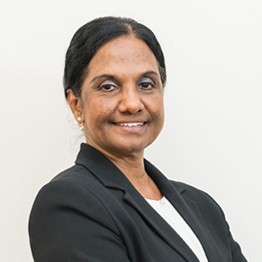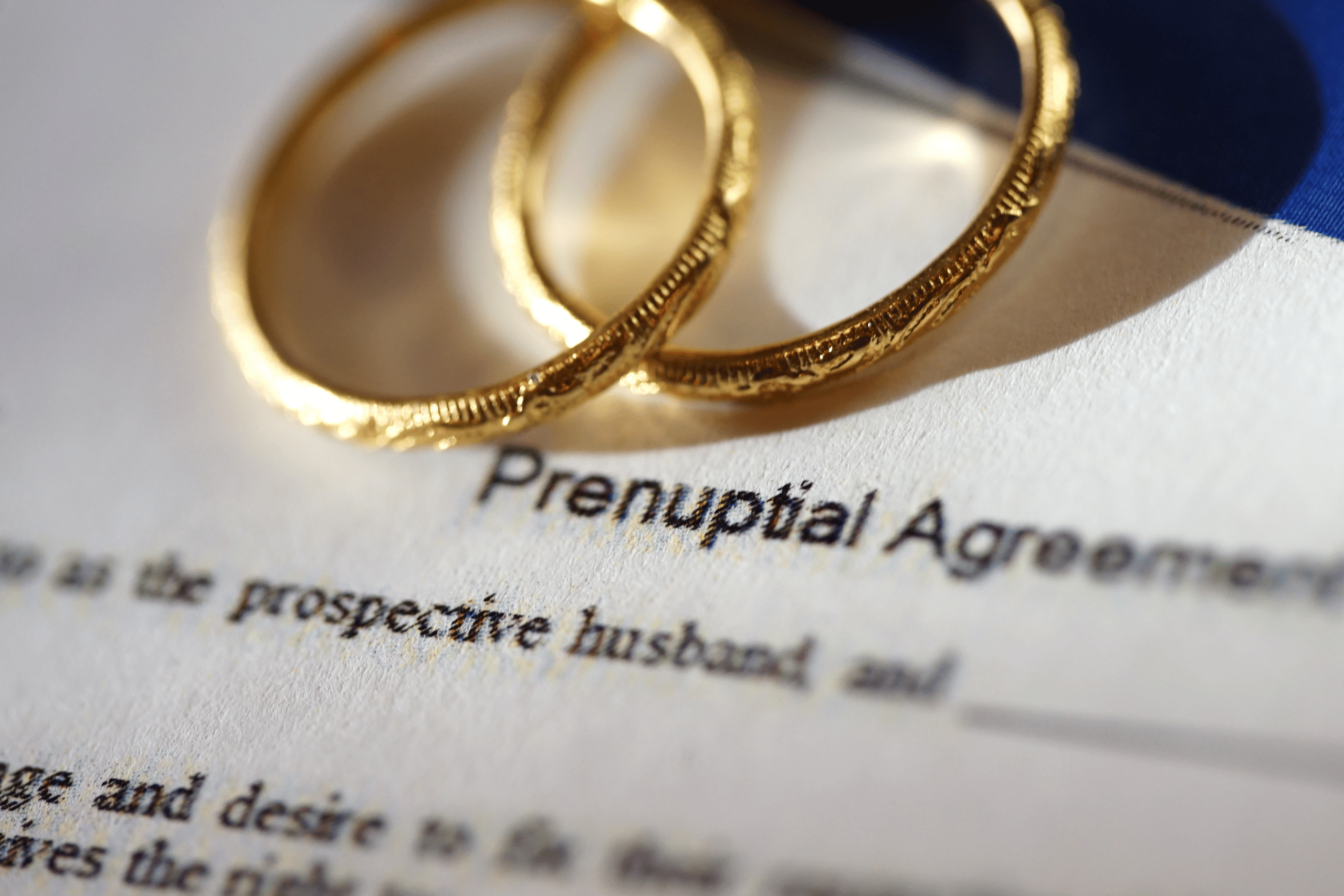Divorce by Mutual Agreement in Singapore 2025 : A Complete Guide
Divorce is a significant life event that can be emotionally and financially draining. However, in Singapore, a more amicable and efficient process is available—Divorce by Mutual Agreement (DMA). This approach allows couples to dissolve their marriage respectfully, reducing conflict and ensuring a smoother transition for all involved.
Since the introduction of DMA in Singapore on 1 July 2024, couples now have a simplified legal pathway to uncontested divorce without proving fault, making the process more straightforward. This guide will cover everything you need to know, including the benefits, eligibility requirements, procedures, and legal considerations.
What is Divorce by Mutual Agreement?
In the past, Singapore’s legal system required one spouse to prove the other was at fault or that they had lived apart for a specific period. However, the DMA framework allows couples to agree that their marriage has irretrievably broken down without assigning blame.
Instead of escalating conflicts, DMA encourages cooperation in settling issues like child custody and asset division.
Compared to contested divorces, the DMA process can be completed in a shorter time frame, reducing legal fees and emotional stress.
Previously, couples had to cite reasons like adultery, unreasonable behavior, desertion, or separation. With DMA, both parties can simply agree to divorce.
While the agreement is mutual, the court still ensures the terms are fair and just
Eligibility Criteria for Divorce by Mutual Agreement
To qualify for a Mutual Agreement divorce in Singapore, couples must meet the following requirements:
- Both spouses must agree that the marriage has irretrievably broken down.
- Married for at least 3 years, unless exceptional hardship can be proven.
- Either spouse must be domiciled in Singapore or have lived in Singapore for at least 3 years prior to filing.
Common Misconceptions About DMA
As it is a new law, many people misunderstand how Divorce by Mutual Agreement (DMA) works or even the uncontested or amicable divorce works. Here, we debunk some of the most common myths and clarify what to expect in the process.
While possible, having a lawyer ensures that agreements are legally sound and enforceable. Many couples believe they can handle the process alone, only to realize later that they have overlooked crucial financial or custody issues. Without legal guidance, agreements might be poorly drafted, leading to future disputes or court rejections.
While faster than contested divorces, DMA still requires court approval, document preparation, and a mandatory waiting period. On average, a DMA divorce takes three to six months, depending on how quickly agreements are finalized and reviewed. If disputes arise over child custody or asset division, the process can take longer despite mutual agreement.
The court does not blindly accept all applications; it carefully examines the fairness and legality of the agreement. If a settlement is deemed unfair (e.g., one spouse receiving an excessive share of assets while the other is left financially vulnerable), the court may reject it. For cases involving children, the court ensures their welfare is prioritized and may modify custody or maintenance arrangements if necessary. An example is when one parent waives all child support responsibilities. The court is likely to reject such an agreement if it does not align with the child's best interests.
While the divorce itself is final, certain aspects can still be modified post-divorce, such as child custody and maintenance orders. If financial circumstances change, either party can apply to the court for adjustments, particularly in child support arrangements. Some ex-spouses later realize they made unfair concessions under emotional distress and seek legal amendments.
Step-by-Step Process of Divorce by Mutual Agreement
Below table illustrate the basic step-by-step process of divorce by mutual agreement in Singapore. Please be noted that the process illustrated is only for general guidance.
Should you need further informations or consult, please reach us for free consultations on this matter.
Discuss and Agree on Divorce Terms
Both spouses must have a genuine discussion about their marriage and agree that it cannot be salvaged. Issues such as child custody, spousal maintenance, and division of assets must be mutually agreed upon
Engage a Divorce Lawyer
Although DMA is a simplified process, engaging a lawyer is still recommended to ensure fairness and compliance with Singaporean law. You can find experienced legal professionals here.
Draft a Settlement Agreement
A settlement agreement outlines key terms, including:
- Custody and care of children
- Division of matrimonial assets
- Spousal and child maintenance payments
File the Divorce Application
A joint application for divorce is submitted to the Family Justice Courts. More information about the application process can be found on the Family Justice Courts of Singapore website. Supporting documents, including marriage certificates and the signed settlement agreement, must be included.
Court Review
The court will assess the application to ensure both parties fully understand and consent to the agreement. If there are minor children involved, the court will also evaluate whether their interests are adequately protected.
Interim Judgment & Final Judgment
Once the court is satisfied, an Interim Judgment is granted. After three months, the divorce is finalized with a Final Judgment of Divorce.

Netto & Magin LLC
Netto & Magin LLC is a boutique law firm in Singapore, boasting over 50 years of proven experience. Our specialized expertise covers Family Law, Corporate Law, Employment Law, Fraud Cases, and Commercial and Civil Litigation. With a dedicated team of industry-leading experts located strategically in Singapore's central business district, we stand ready to serve as your trusted legal partner.
Contact us for a free consultation.









